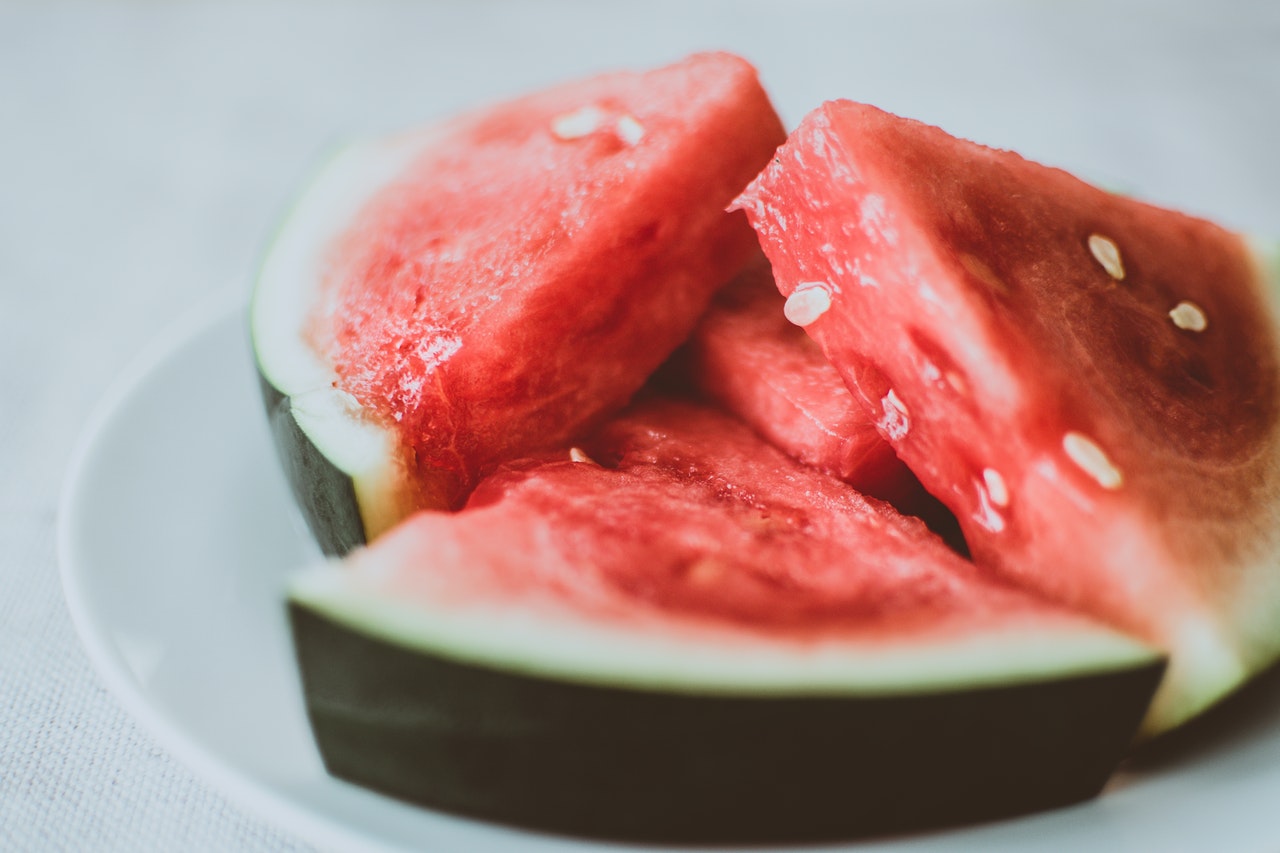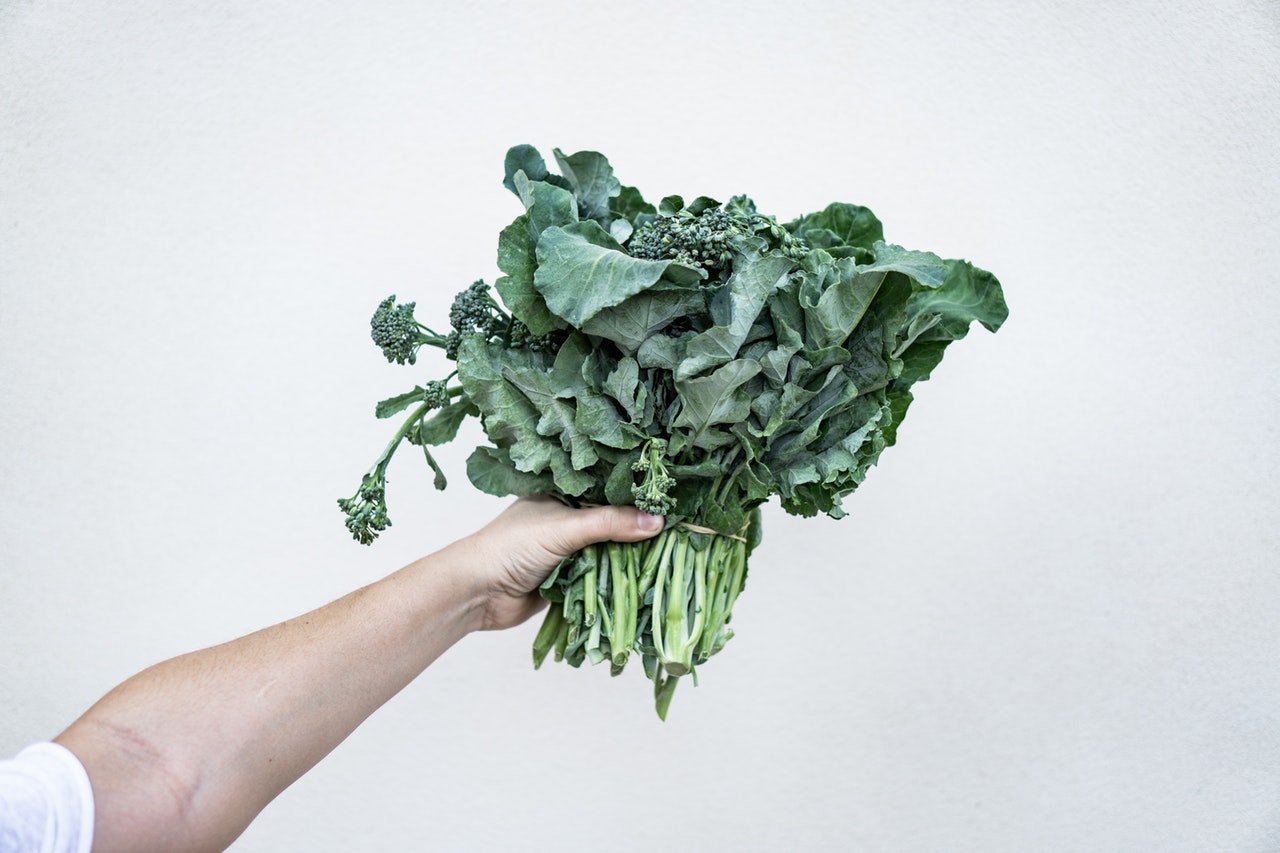- Integrative Health Group1502 Allen St
Springfield, MA 01118413-782-9800 - Acupuncture of Greater Hartford & Springfield35 Nod Road
Avon, Connecticut 06001860-836-1068 Tai Chi Links
-
Latest Articles:
- • 10 Family-Friendly Activities Perfect for Spring •
- • 3 Easy Spring Dinner Ideas for a Fresh and Flavorful Season •
- • 5 Tips to Boost Your Spring Wellness Routine •
Acupuncture and Tai Chi in Hartford CT, Springfield MA
Health Well News
TCM for Summer Heat
Traditional Chinese Medicine or TCM, is a medical system that dates back nearly 3,500 years. This system uses modalities like acupuncture and botanical formulas to treat ailments and keep the body balanced. TCM acknowledges not four, but five seasons.
The fifth season that differentiates from the other seasons that many go by is called Indian summer. This 5th season occurs in late August through mid-September. Each season according to TCM has a pair of organs or energetic pathways it corresponds to.

For Indian summer, these organs are the spleen and stomach which are directly responsible for digestion. The spleen also has the added function of transporting and absorbing water in the body. When the spleen is not functioning properly, the body may suffer from a buildup of dampness which can manifest as edema, digestive issues, diabetes, and even brain fog.
Indian summer tends to be the time of year when most people experience health issues such as heatstroke, although it can happen at any time of year. Here are some ways TCM can help you deal with the excessive summer heat.
ACUPUNCTURE FOR SUMMER HEAT:
As mentioned, when summer comes to an end, it tends to heat up before the transition into Fall and this is when many people experience heatstroke. This is where acupuncture comes into play. Along with regulating the body temperature, acupuncture can decrease any inflammation that may have occurred during the heatstroke episode and the acupuncture treatments can help with the digestive issues frequently accompanying heatstroke.
Acupuncture points for summer heat:
Heart 8 – Located on the palm of the hand between the pinky and ring finger. Found by making a fist, Heart 8 can be used to decrease thirst and restlessness, while also treating insomnia.
Large Intestine 11 – This point can be found bilaterally at the outer end of the elbow crease created when the arm is flexed. Large intestine 11 clears heat, drops a fever and decreases any inflammation that may be occurring due to excess heat in the body.
Pericardium 3 – Located bilaterally on the inner elbow next to the large tendon, this point is great for sunstroke or anxiety that often accompanies heatstroke.
CHINESE HERBS AND FORMULAS FOR SUMMER HEAT: Another important component of TCM is the use of herbs and herbal formulas. Many times herbs can be used alone, but there will be a more synergistic effect when single herbs are combined to make a formula. One such herb is the lotus leaf, also known as He Ye. This herb is frequently used to treat diarrhea associated with summer heat. A go-to herbal formula used to clear summer heat is Qing Luo Yin. This formula eliminates the symptoms of heatstroke, such as fever, blurry vision, and brain fog. It’s not a bad idea to keep this formula on hand when spending lots of time outside during the summer.
DIETARY RECOMMENDATIONS FOR SUMMER HEAT: Nutrition can also be very important in preventing summer heat or heatstroke. Certain foods have been used for centuries to fight summer heat. One of these is watermelon. Watermelons are 90 percent water and therefore eating it throughout the warmer summer months can help keep your core body temperature low enough that heatstroke is more preventable. Another cooling food is mint and it can be used in many summer food recipes. It is frequently added to a pitcher of water to create a nice refreshing drink that can be sipped all day long, or added atop a fruit salad consisting of strawberries, blueberries, and watermelon.
In Summer, Nourish Your Heart
Summer is a time of abundant energy, long sunshine-filled days, and warmth. In Traditional Chinese Medicine (TCM), summer has many different associations that help define it and therefore help us understand how to stay in balance with the season. To shed some light on the context of summer, its element is fire, the color is red, its emotion is joy and the governing organs are the heart and the small intestine. One way you can stay healthy this Summer is to adjust your habits in order to support your heart.

The heart is the main organ associated with the season of summer, and as such, it should be paid close attention to and nourished to remain healthy. The heart’s main function is to circulate oxygen-rich blood throughout the body. In TCM, mental activity is also associated with the heart. This mental activity is known as Shen in Chinese medicine. Often compared to our mind, the Shen goes deeper to include our thought processes, memory, consciousness, and emotional well-being.
Summer is the most appropriate time to calm the Shen and provide
it with enrichment that will last throughout the whole year.
When the fire element is balanced, the mind is calm, sleep is sound and the heart organ is strong and healthy. If the fire element is not balanced, there may be depression or an excess of joy which manifests as mania. Symptoms of an unbalanced fire element include heartburn, insomnia, agitation, nervousness, digestive upset, rashes, palpitations, and excessive perspiration.
The small intestine, the second organ associated with summer in TCM, is responsible for separating the pure from the impure, allowing the body to use the pure and dispose of the impure. When the heart is not balanced, the small intestine, the brother to the heart, will not function properly either. For many people, this manifests as digestive upset of some sort: vomiting, nausea, diarrhea, etc.
Going outside and engaging all of your senses is an easy way to nourish the heart. A technique known as “grounding” has been gaining popularity over the past decade, and science is showing that it can be very beneficial. All one has to do is walk or stand in the grass while barefoot. The energy from the earth is incredible, and it can be very healing. While you’re there, take time to listen to the sounds of nature that surround you and enjoy the fragrances of the flowers. Taking in the experience with all your senses can be very grounding and have a calming effect on the mind and body.
Probably the two most important things you can do for heart health during the summer months is drink plenty of fresh water and eat cooling foods. No matter what season of the year, water is vital. It is recommended we drink at least 64 ounces per day. Cooling foods like fruits are good at keeping fire under control, which is healthy for the whole body. Other foods that are beneficial for the summer months include peppers, eggplant, cabbage, kale, broccoli, spinach, melons of all kinds, beets, radishes, jicama, carrots, berries, pineapple, cucumbers, peaches, peppermint, grapefruit, and mushrooms.
Healthy Eating for Spring
According to Traditional Chinese Medicine theory, spring is the season of the liver and the gallbladder. These organs regulate a smooth flow of energy throughout the whole body. However, they are prone to stagnation if we do not take proper care of ourselves. This can manifest as anger, irritability, depression, insomnia and even pain. Stagnation can occur when people live an unhealthy lifestyle and make poor dietary decisions.

Spring is a time of renewal, regeneration, growth and energy. Plants and animals awaken from their slumber, and vital nutrients stored in the roots of plants during the cold winter months come to the surface as life becomes more vibrant and fluid.
Human beings are no different. Humans stay indoors more during the winter months, and tend to pack on a little extra weight in the process. As the weather warms, humans become more gregarious and spend more time outside enjoying nature. This is just a natural process.
Therefore, it makes sense that what was observed by the ancient Chinese should still hold true today. Humans are supposed to take their cues from nature. As a species, humans should be more active during the warmer spring months. And to do this, we need proper nourishment. Qi (pronounced “chee”) can be interpreted as the “life energy” or “life force,” that flows within us. This Qi is the vital substance that keeps our bodies functioning until the day we die. To keep the Qi plentiful, we need to eat the proper foods at the proper times.
During the spring, we should be eating foods that have upward moving energies, such as green, sprouting vegetables. But we also need food that will provide the extra nourishment for the increased amount of activity that accompany the season of spring. This is where bitter foods play a vital role. Bitter foods are known to clear heat, dry dampness and stimulate appetite. Consider adding foods such as kale, collards, celery or arugula to provide yourself some much needed springtime energy.
Foods that have a slightly bitter taste, such as asparagus, quinoa, romaine lettuce and dandelion tea, are also known to effectively ward off heat in the liver. Food rich in chlorophyll help ward off stagnation and enhance the free flow of Qi, these include wheat grass, spirulina, chlorella, parsley, kale, Swiss chard and collard greens. Notice, all of these are abundant during the months of spring. Finally we suggest adding a glass of warm water with a slice of lemon first thing in the morning. This routine will help detoxify the liver and gallbladder to start the day off fresh.

